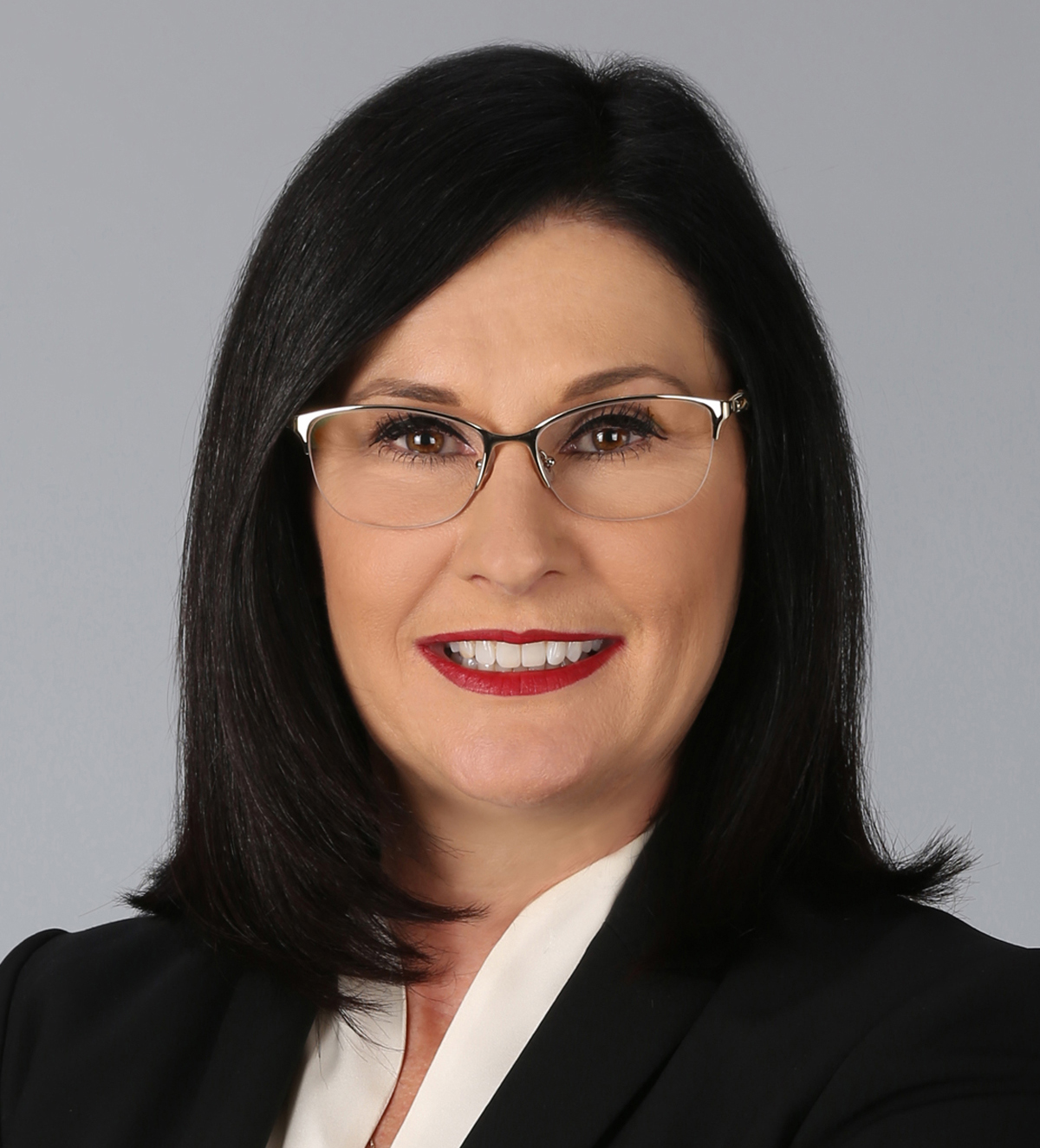By Greta Schulz
Business leadership is different from what is often perceived. Most leaders are managers in disguise.
Here’s an example:
Sarah was excited to be promoted to sales director. After all, she had been in sales for almost eight years and had performed at the top level. She knew that she could help other sales staff with their work, and they already looked up to her.
One day, Jeff asked Sarah what to do about a customer who didn’t seem to be making a decision, though he really liked their product. “I’ve tried everything,” he confessed. “I’ve offered free delivery, a 10-percent discount—I’m just stumped.”
Sarah asked, “Can you get a meeting with the decision makers?” Jeff said he thought he could. Sarah said, “I’ll come with you and we’ll get it done.”
Jeff knew she would. He eagerly dialed the phone and began spending the commissions he knew Sarah would help him win.
Real leadership is not managing. Telling someone what to do is not leadership. Neither is doing it for them.
This reminds me of that old saying: “Take someone fishing, and they’ll eat for a day. Teach them how to fish, and they can eat for a lifetime.” The idea of leadership is to get someone to realize what they can and should do to make decisions on their own. Once they feel good about the answer they are looking for, they will continue to use that information and not have to “check in” before making that decision.
We often believe that, to be a good leader, you need to be outgoing and charismatic. That often is not the case. You might remember the old E.F. Hutton commercials—the ones that featured a room of people talking until somebody mentions some advice they’ve received from an E.F. Hutton broker. Suddenly, everyone stops to listen.
Often, being a bit humble and a very good listener seems to work well when it comes to leadership.
Some tips to create true leadership:
• Stop being a parent to your people. Think about how you grew up, asking your parents questions (as curious kids do). As parents, they answered your questions immediately. As parents, they wanted us to know the answer. That’s fine, but we are not parents to our salespeople. Our job is not only to get the answer to them, but also to get them to engage us by thinking about the answer themselves.
When they engage in the process with us, it becomes more their idea. Help them feel empowered. The next time a salesperson asks, “What should I do about …?” or “How do I …?” answer with this: “If you couldn’t reach me right now and needed to make a decision, what decision would you make?” The key here is that you should confirm what they say. If it’s not right, you can say: “And in addition to that, you may want to say …” You need to give them a soft place to fall so if their answer is wrong using this process, you can’t get upset with them. Otherwise, they’ll never feel empowered again.
• Involve them in setting goals. I am always astonished when sales managers or CEOs set goals for salespeople without getting any of their input. If you want to get them engaged and feeling that the goals are not just for what the company dictates—which, by the way, usually are never met—the process should involve the salesperson.
What are their goals? What kind of money do they want to make and why? What activities will they commit to doing daily, weekly and monthly to achieve them? Give them the responsibility to come up with what they think their goals should be, and have them put proactive behaviors behind it. Then review them together to see if the goals are realistic. If they don’t meet your standards, then push them a bit: “Oh, I feel you are better than that. Don’t sell yourself short; let’s relook this over.”
• Look realistically at their motivation. Are they making more money than they ever have before? If so, you might find that your salespeople are satisfied with the amount of money they are making, but you aren’t. Meaning: The commissions they are making may be great to them, but they aren’t hitting the numbers you need them to hit. Motivation will come from them, not you, so make sure that there is always a carrot. If the carrot stops working, you may need to change the horse.
You can’t motivate anyone to do anything. You can give them an opportunity to motivate themselves. It might be easier to just do it yourself in the short-term, but remember: If you do that now, you will always have to do that. Burnt out much? ♦
Greta Schulz is president of Schulz Business, a sales consulting and training firm. She is the best-selling author of “To Sell is NOT to Sell” and works with Fortune 1000 companies and entrepreneurs. For more information or free sales tips, go to schulzbusiness.com and sign up for “GretaNomics,” a weekly video tip series, or email sales questions to greta@schulzbusiness.com.












